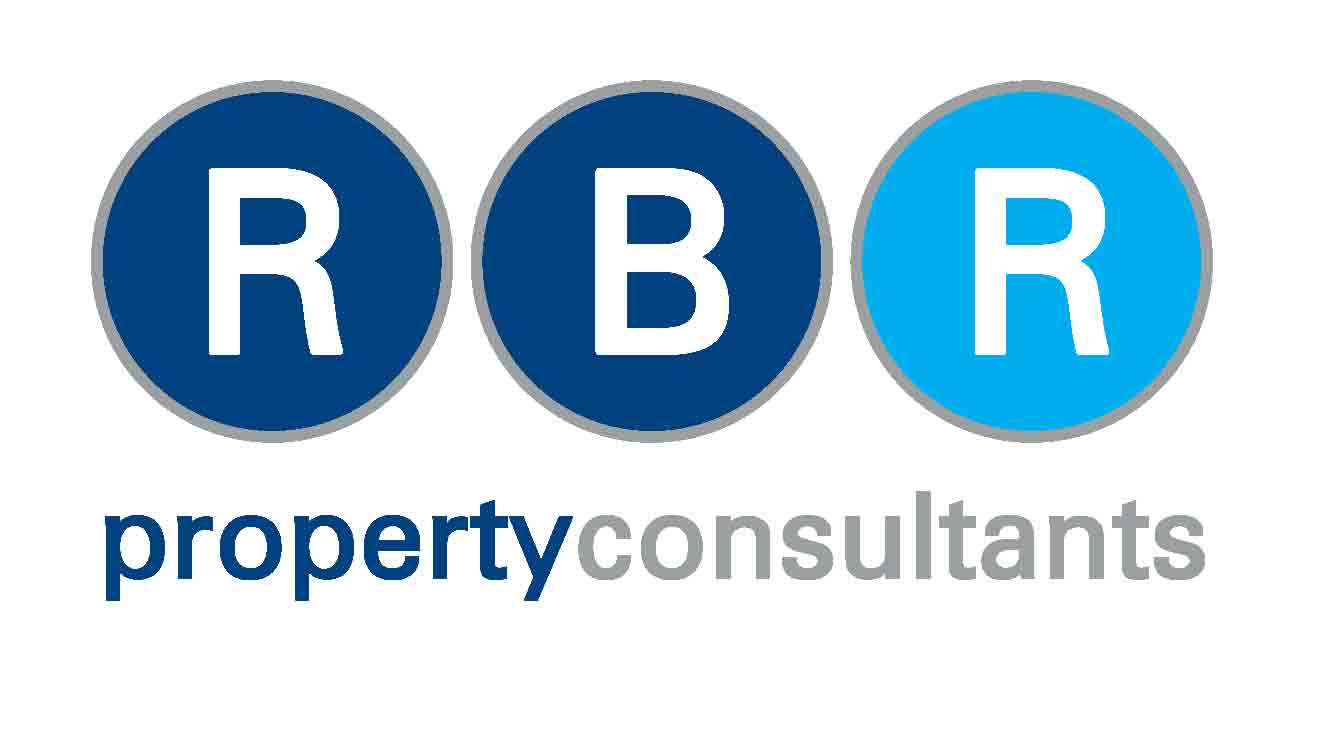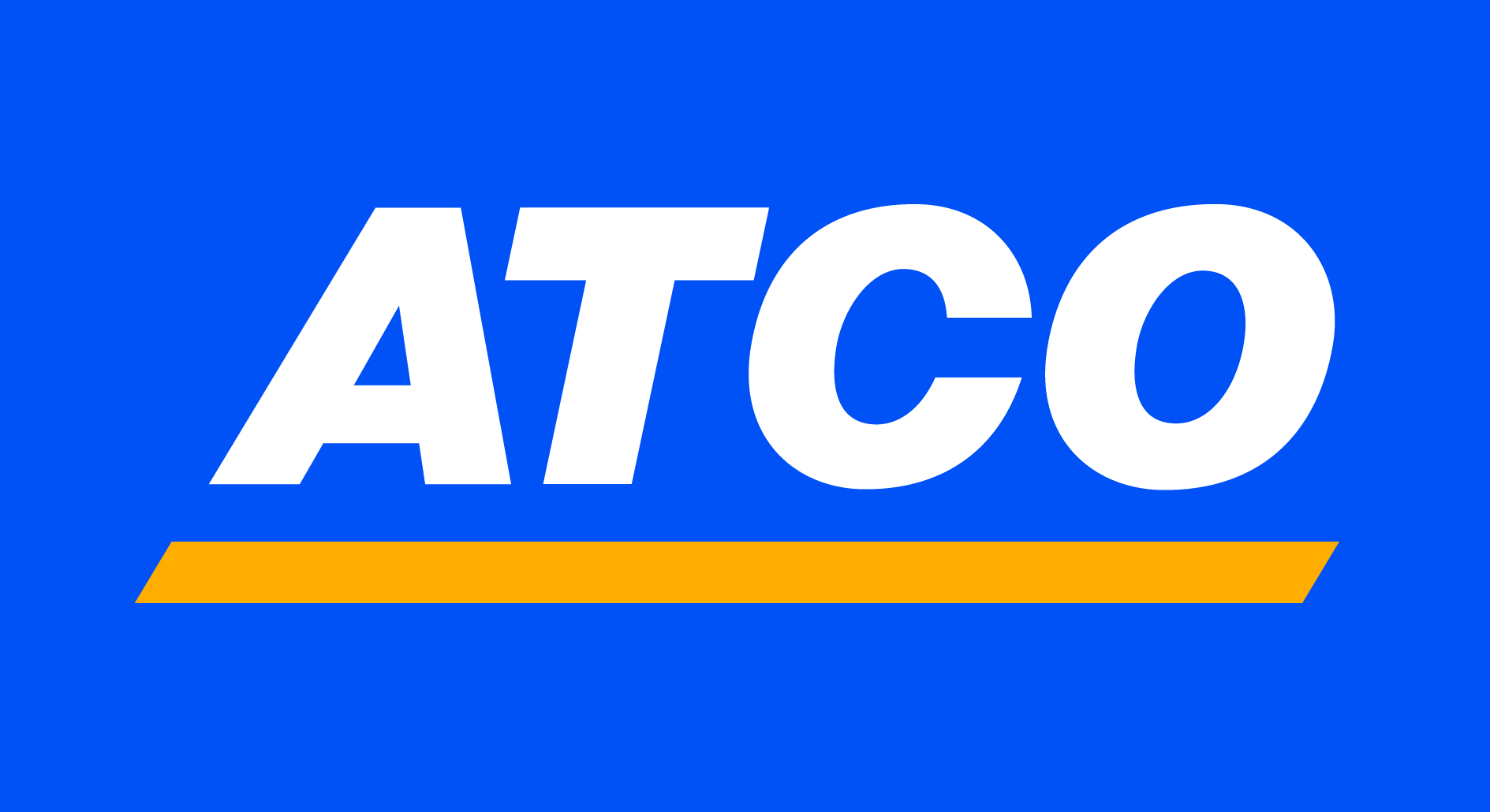Tips for managing cash flow and finances for small businesses
Small businesses often have to operate on tight budgets and managing cash flow and finances can be a challenging task. Here are some tips to help small businesses stay on top of their finances.
Small businesses often have to operate on tight budgets and managing cash flow and finances can be a challenging task. Here are some tips to help small businesses stay on top of their finances:
Create a Cash Flow Forecast: A cash flow forecast is an essential tool that helps small businesses plan their cash flow for the coming months or year. It provides a clear picture of expected revenue and expenses, and can help identify potential cash flow problems before they arise.
Monitor Your Accounts Receivable: Keeping track of accounts receivable is essential for maintaining healthy cash flow. Small businesses should send invoices promptly, follow up on unpaid invoices, and consider offering discounts to encourage early payment.
Control Your Expenses: Small businesses should be vigilant in controlling their expenses, especially in the early stages of their business. Review all expenses regularly and consider ways to reduce costs, such as negotiating better prices with suppliers or outsourcing certain tasks.
Keep a Separate Business Account: It's important for small businesses to keep personal and business finances separate. This makes it easier to manage cash flow and keep track of business expenses.
Embrace Technology: There are many financial software tools available that can help small businesses track their finances, including invoicing, payment processing, and budgeting. Using these tools can save time and reduce errors.
Have a Contingency Plan: Unexpected expenses or changes in revenue can disrupt cash flow. Small businesses should have a contingency plan in place to help them weather these situations, such as a line of credit or emergency fund.
Seek Professional Advice: Small businesses should consider seeking advice from a financial professional, such as a bookkeeper or accountant. These professionals can provide valuable insight into financial management and help identify opportunities for growth.
** Disclaimer: The information provided in this blog post is for educational purposes only and should not be considered financial or legal advice. Each business has unique financial circumstances and challenges, and small business owners should seek the advice of a financial professional or accountant before making any financial decisions. The Southern Gold Coast Chamber of Commerce does not accept any liability for any loss or damage incurred as a result of reliance on the information provided in this blog post.





.jpg)




























